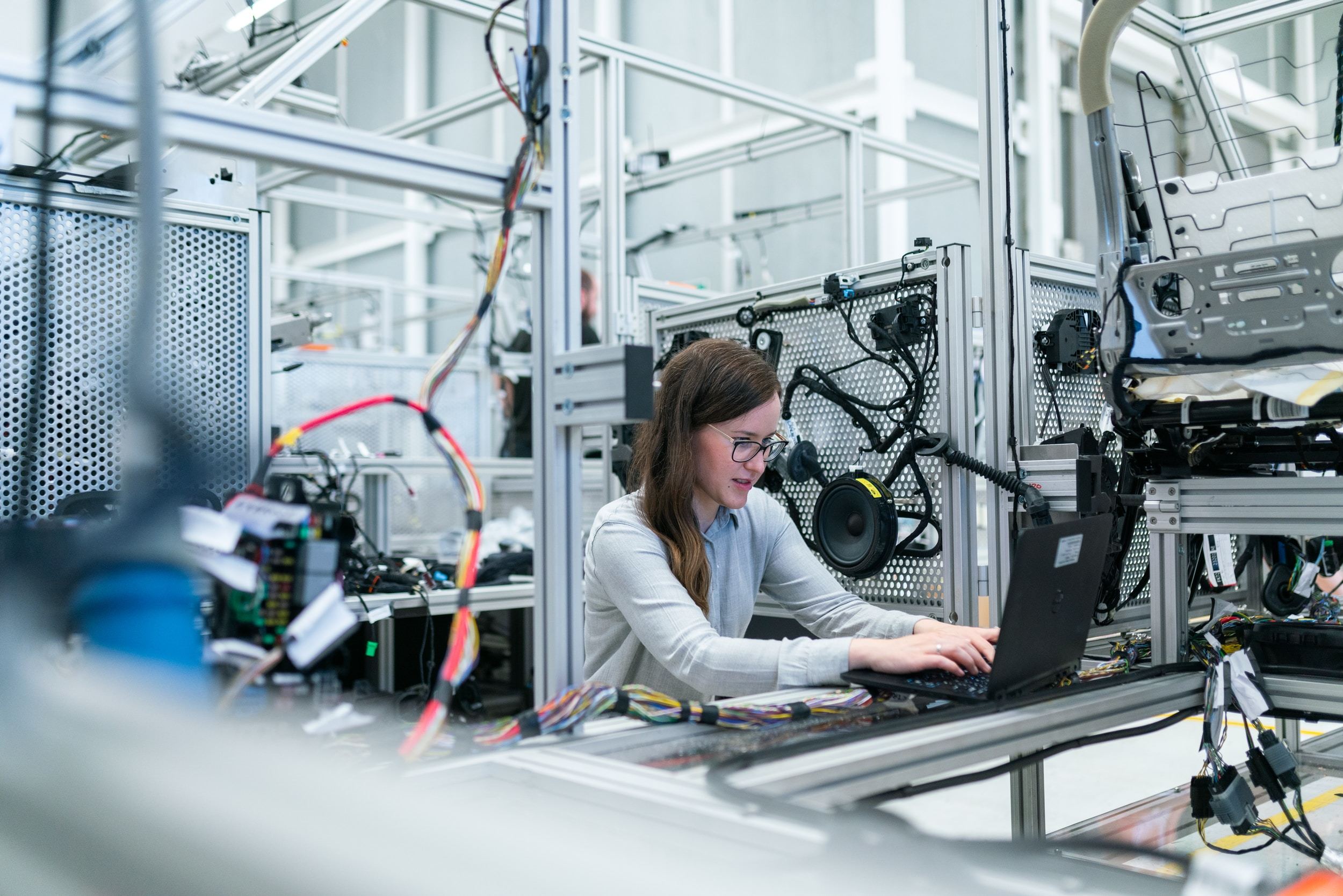The Role of Technology and Innovation in Economic Growth
In the modern world, technology and innovation have become driving forces behind economic growth and development. From the invention of the steam engine to the rise of the internet, technological advancements have consistently shaped and reshaped economies, propelling them forward. In this article, we will explore the pivotal role of technology and innovation in fostering economic growth, examining key examples and their impact on various sectors.

The Dynamic Interplay of Technology and Economic Growth
Technology and economic growth are inextricably linked in a mutually reinforcing relationship. Technological advancements stimulate economic growth by:
1. Enhancing Productivity
Innovations in technology often lead to increased productivity in various sectors. Automation, machinery, and improved processes allow workers to produce more with the same or fewer resources, ultimately boosting output.
2. Reducing Costs
Efficiencies gained through technology can reduce production costs, making goods and services more affordable for consumers. Lower costs can also lead to increased competitiveness in global markets.
3. Expanding Markets
Technology, especially the internet and e-commerce, has opened up new markets and expanded the reach of businesses. Companies can now access a global customer base more easily.
4. Fostering Innovation
Technological progress begets further innovation. As one breakthrough leads to another, a cycle of continuous improvement is established, driving economic growth.
5. Creating New Industries
Innovations often give rise to entirely new industries, creating jobs and economic opportunities. For example, the internet spawned the digital economy, creating jobs in tech, e-commerce, and digital marketing.
6. Improving Quality of Life
Technology can enhance the quality of life by providing better healthcare, more efficient transportation, and improved communication, all of which contribute to overall well-being and, indirectly, economic growth.
Historical Examples of Technological Advancements and Economic Growth
Throughout history, various technological advancements have had a profound impact on economic growth:
1. The Industrial Revolution (Late 18th to 19th Century)
The introduction of steam engines, mechanized textile production, and the development of the factory system marked the beginning of the Industrial Revolution. These innovations revolutionized manufacturing and agriculture, leading to a significant increase in productivity and economic growth.
2. The Information Age (Late 20th Century to Present)
The advent of computers, the internet, and telecommunications technologies has transformed the global economy. The Information Age has brought about unparalleled connectivity, digital innovation, and the emergence of tech giants like Apple, Google, and Amazon.
3. Green Technology and Renewable Energy (21st Century)
The push for sustainability has driven advancements in green technology and renewable energy sources. Solar panels, wind turbines, and electric vehicles are not only reducing environmental impact but also creating new economic opportunities and industries.
4. Biotechnology and Healthcare (21st Century)
Advancements in biotechnology have led to breakthroughs in healthcare, including the development of life-saving medications and medical devices. This sector has not only improved the quality of life but also contributed to economic growth.
The Innovation Ecosystem
Innovation does not occur in isolation but within a broader ecosystem that includes academia, research institutions, businesses, and government support. Key elements of this ecosystem include:
1. Research and Development (R&D)
Investments in R&D drive innovation by funding scientific research, experimentation, and the development of new technologies.
2. Intellectual Property Protection
Patents and copyright laws protect the intellectual property of inventors and creators, incentivizing innovation by ensuring they can profit from their inventions.
3. Education and Workforce Development
A well-educated and skilled workforce is essential for driving innovation. Investment in education and vocational training is crucial.
4. Entrepreneurship and Startups
Startup companies often lead the way in innovation. Government policies that support entrepreneurship and provide access to capital are vital for fostering innovation.
5. Regulatory Environment
A regulatory environment that encourages innovation while protecting consumers and the environment is essential. Striking the right balance is challenging but critical.
Challenges and Ethical Considerations
While technology and innovation bring substantial benefits, they also pose challenges and ethical considerations:
1. Job Displacement
Automation and artificial intelligence can displace certain jobs, requiring workforce adaptation and retraining.
2. Privacy Concerns
Advancements in surveillance technologies raise concerns about personal privacy and data security.
3. Environmental Impact
Some technological innovations, particularly those in heavy industries, can have adverse environmental consequences.
4. Ethical Use of Technology
Issues such as data privacy, algorithmic bias, and the responsible development of artificial intelligence must be addressed to ensure technology is used ethically.
5. Cybersecurity Threats
As technology advances, so do cybersecurity threats. Protecting critical infrastructure and data from cyberattacks is an ongoing challenge.

Conclusion
Technology and innovation are not just engines of economic growth; they are the driving forces that define the modern economy. As nations and businesses continue to invest in research, development, and education, the pace of innovation is likely to accelerate. Balancing economic growth with ethical considerations and environmental sustainability will be key challenges for society in the 21st century.
The dynamic interplay between technology, innovation, and economic growth will shape our future, and it is essential to harness these forces to create a more prosperous and sustainable world.
Sources:
- World Economic Forum - The Global Competitiveness Report 2018
- The World Bank - Technology and Innovation for Sustainable Industrial Development
- Harvard Business Review - How Innovation Drives Economic Growth
- The National Academies Press - The Power of Innovation
- OECD - Innovation, Productivity, and Economic Growth
Technology and innovation have consistently shaped the trajectory of economic growth. They have not only improved productivity and efficiency but also transformed industries, created new opportunities, and enriched the quality of life for people worldwide. As we continue to embrace and harness the potential of technology and innovation, it is essential to address the ethical, environmental, and societal implications to ensure that the benefits are widely shared and sustainable.